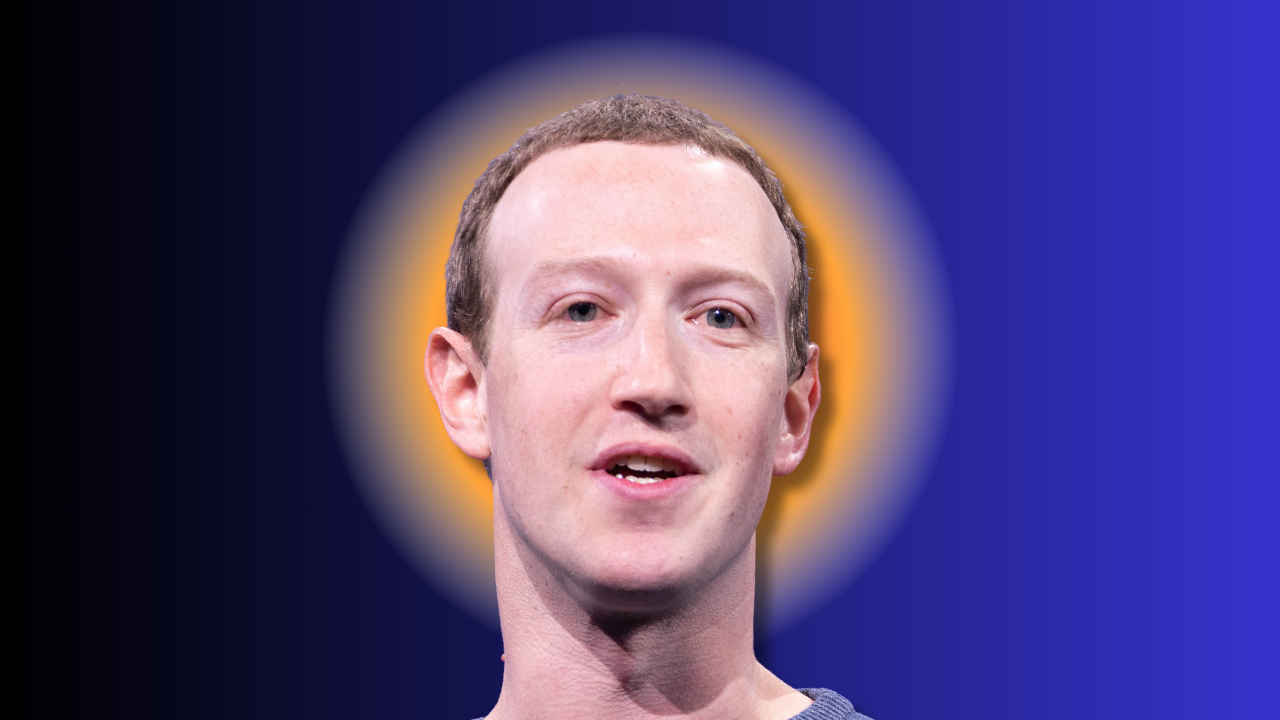Meta AI manifesto: The AI-assisted resurrection of Mark Zuckerberg
We’ve all lived through Facebook’s Cambridge Analytica data scandals, seen all the funny memes of their CEO testifying in front of the US Congress, likening him to a humanoid bot devoid of all emotions. Despite suffering huge body blows, Mark Zuckerberg and Meta are still standing strong, aiming to pivot beyond just running the world’s largest social media platforms.
The AI Manifesto
With the release of an AI manifesto last week, Mark Zuckerberg is betting big on open-source technologies to decide the future course of AI development. The proof of this came in the launch of Meta’s Llama 3.1 405B – the latest version update to their Llama series of large language models (LLMs) – which dropped on July 23.
While it may be just a minor update to the Llama 3 LLM introduced just three months ago, Llama 3.1 made history by becoming the world’s largest open-source LLM till date with 405 billion parameters, overtaking NVIDIA’s Nemotron-4-340B-Instruct which has 340 billion parameters in comparison.
Open Source AI Is The Path Forward
Mark Zuckerberg used the release of Llama 3.1 as an opportunity to share his two cents about AI – his vision for the future of AI – in the form of an open letter called ‘Open Source AI Is The Path Forward’. 
If you read the detailed manifesto outlined for Meta’s future in artificial intelligence, central to this vision is Mark Zuckerberg’s belief in open-source AI as the driving force for future innovation and equitable access of AI for all human beings. Zuckerberg strongly outlines in his letter that democratising AI is key for a better future for all, ensuring AI remains a tool for everyone, not just a select few.
Shifting Gears Towards AI
Mark Zuckerberg’s clearly shifting gears here, jumping from one (social media) train to another (AI) bandwagon. Clearly open-sourcing its AI technology (foundational models, LLMs and beyond) is part of Meta’s aim to foster competition and accelerate the development in the overall AI-led industry, and Mark Zuckerberg’s plan is to do that by positioning himself and his company as a leader in the open-source AI movement.
Future Implications
All of this begs two important and immediate questions: After pumping billions into their AI product development, that began as Facebook Artificial Intelligence Research (FAIR) over a decade ago, why is Mark Zuckerberg offering and open-sourcing Meta AI’s crown jewels for ‘free’? How will Meta AI and Mark Zuckerberg make money, grow company value and keep shareholders happy? 
Competitive Landscape
Meta’s decision to freely share its advanced Llama 3.1 (and Llama 3.0 earlier) language model stands in stark contrast to the subscription-based approach adopted by competitors like Google Gemini and OpenAI’s ChatGPT. A shrewd move to slow down the competitive AI landscape and break the dominance of closed source foundational AI model based products and services, allowing Meta time to catch up and work on derivative products of their own open-sourced AI tech.
Redefining Strategy
According to Mark Zuckerberg’s AI manifesto, Meta’s strategy is clearly to accelerate its own AI progress by opening the technology to a broader community of developers. By doing so, Meta hopes to rapidly enhance its core systems – not just in the AI realm, but also its social media platforms – and outpace competitors in the long run.
Meta's Position in the Industry
Meta’s charting its AI future in a stark contrast to other giants like Microsoft, Google, OpenAI. Does this move position Meta – and by extension Mark Zuckerberg – as a pioneer in the open-source AI landscape, potentially shaping the future of the industry?
Concern for AI's Impact
However, what’s been truly revealing for me through this Meta AI manifesto is Mark Zuckerberg’s concern for AI’s ability to cause unintentional harm. On this front, he argues that “open source should be significantly safer since the systems are more transparent and can be widely scrutinised. Historically, open source software has been more secure for this reason,” suggests Zuckerberg.
Conclusion
From the days of harvesting user data without consent to embracing transparency and collaboration, Mark Zuckerberg's journey has been remarkable. Will this newfound benevolence lead to success? Only time will tell, but one can’t help but marvel at this transformation.




















